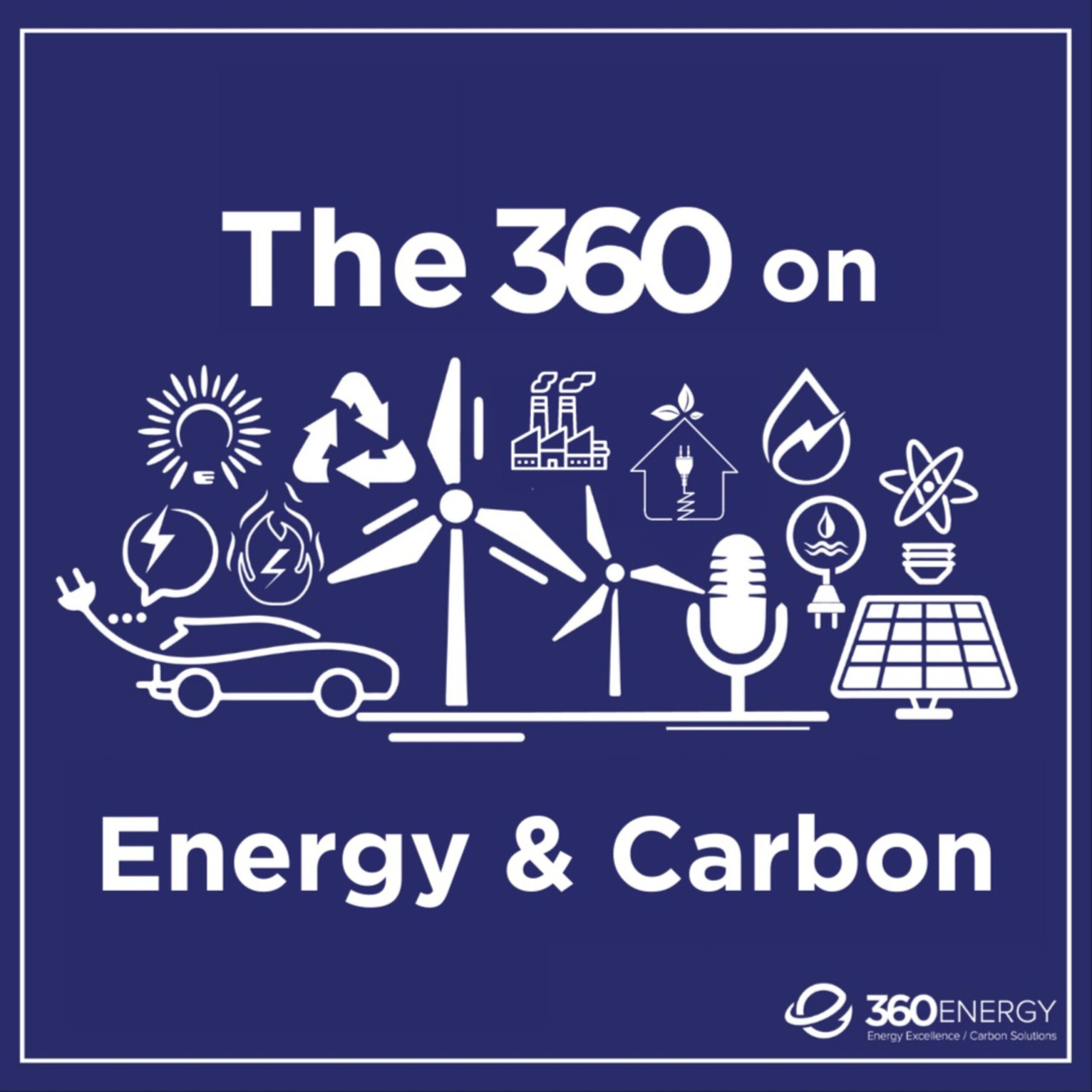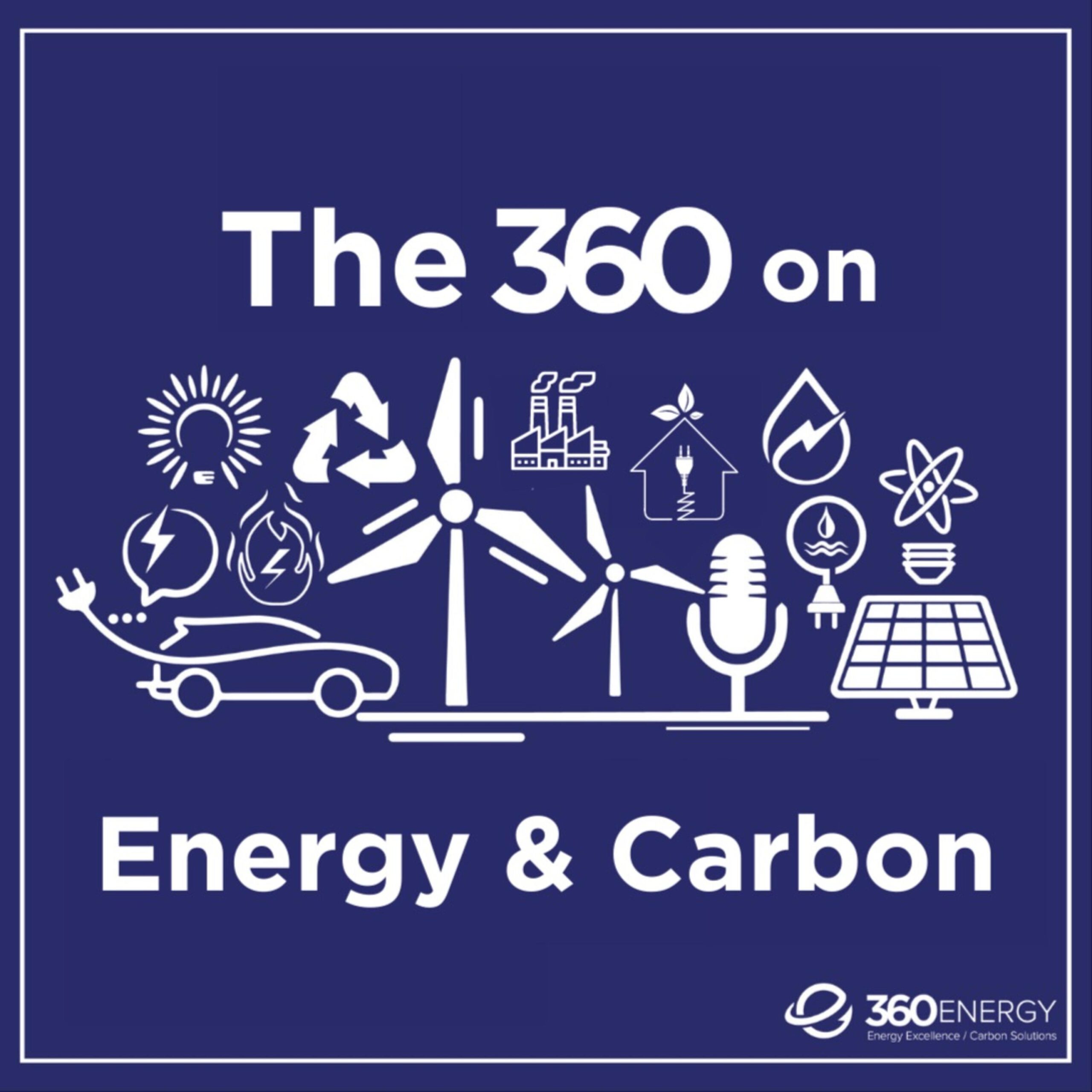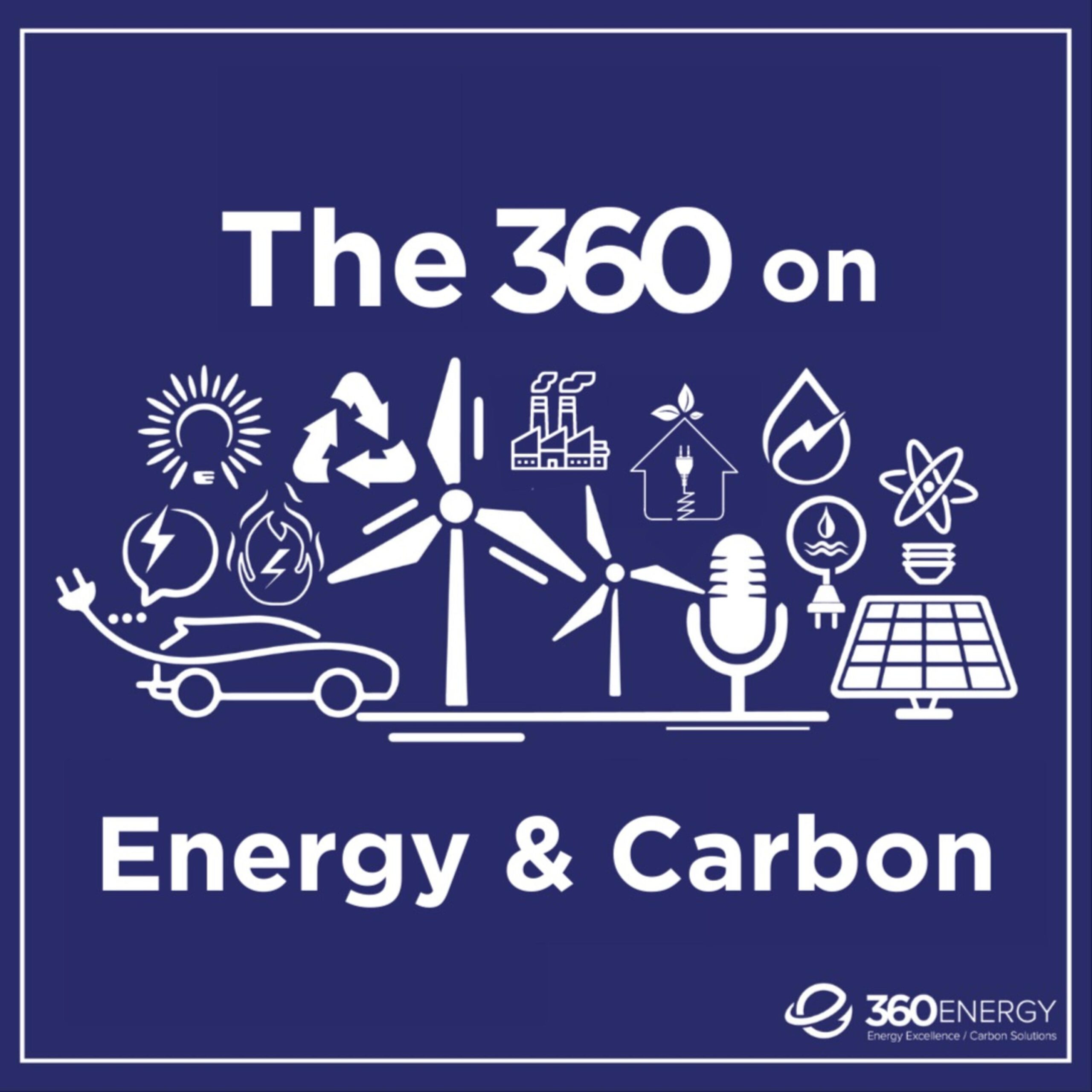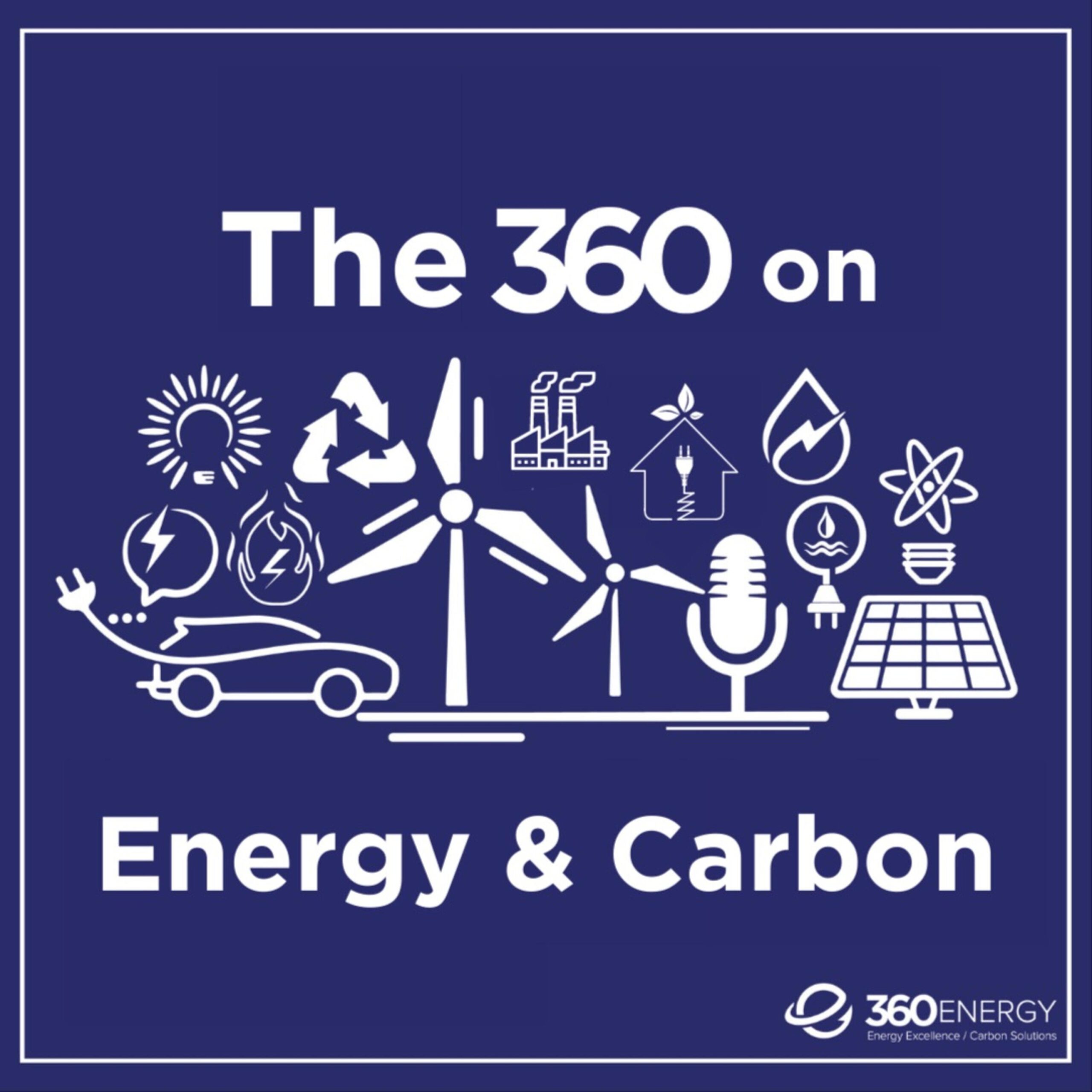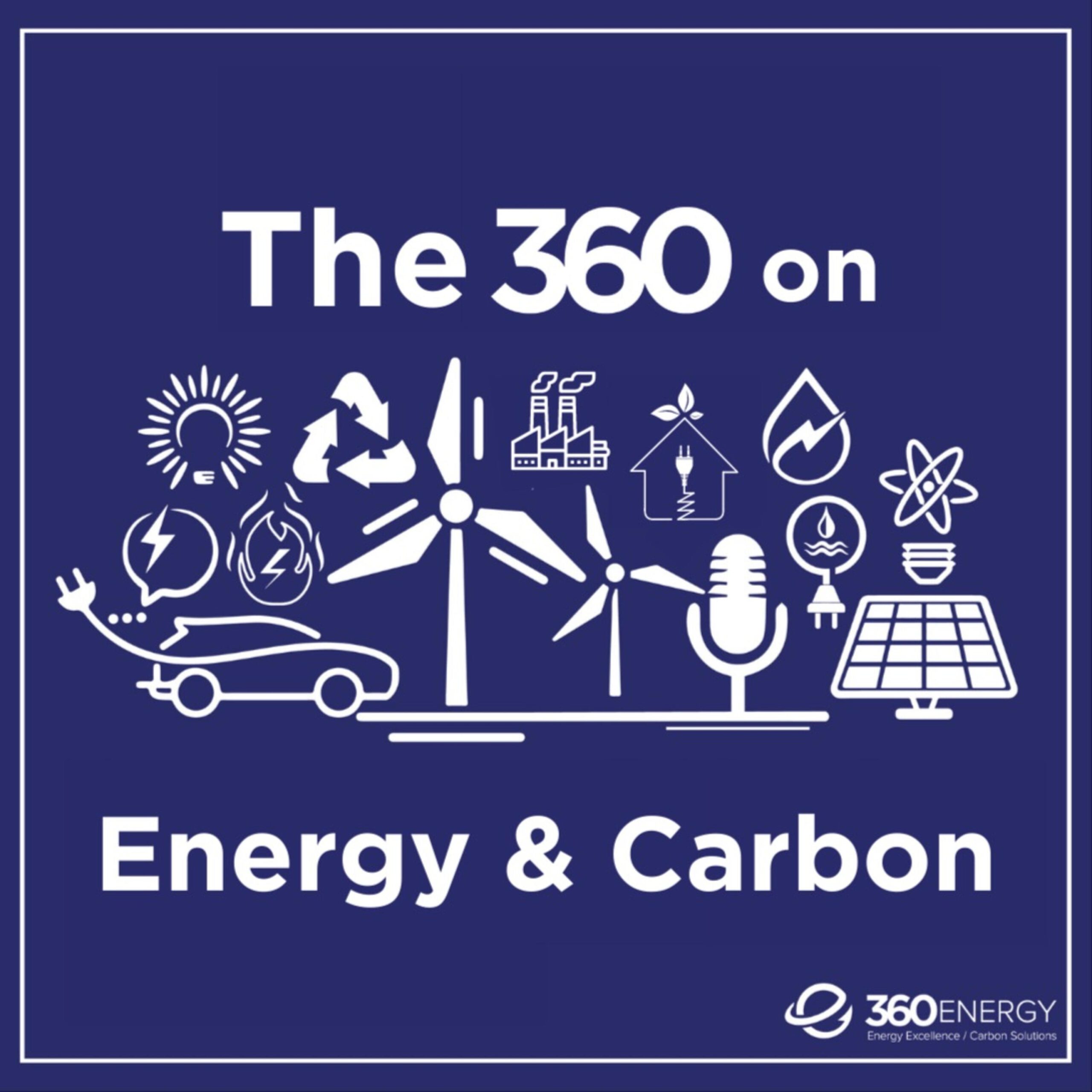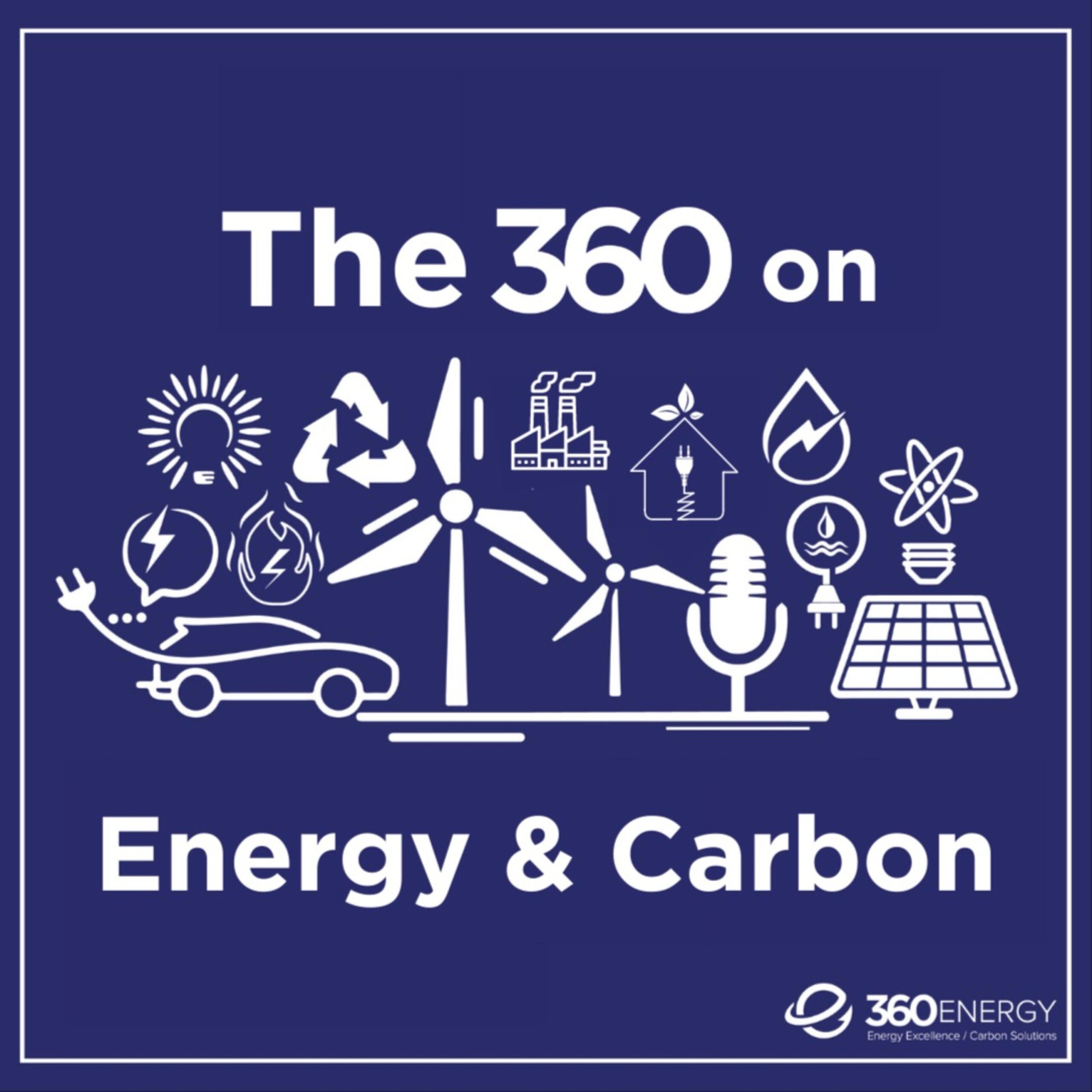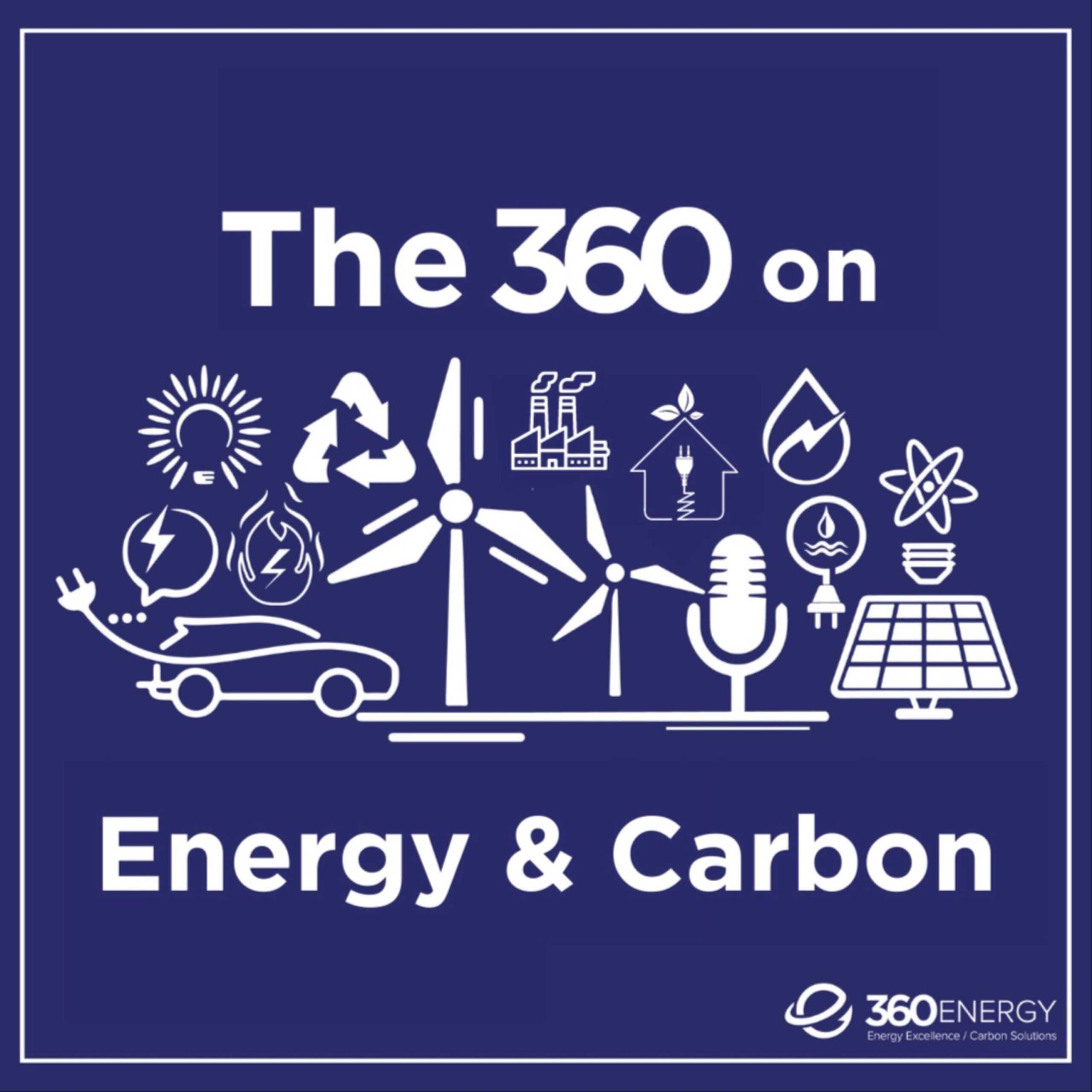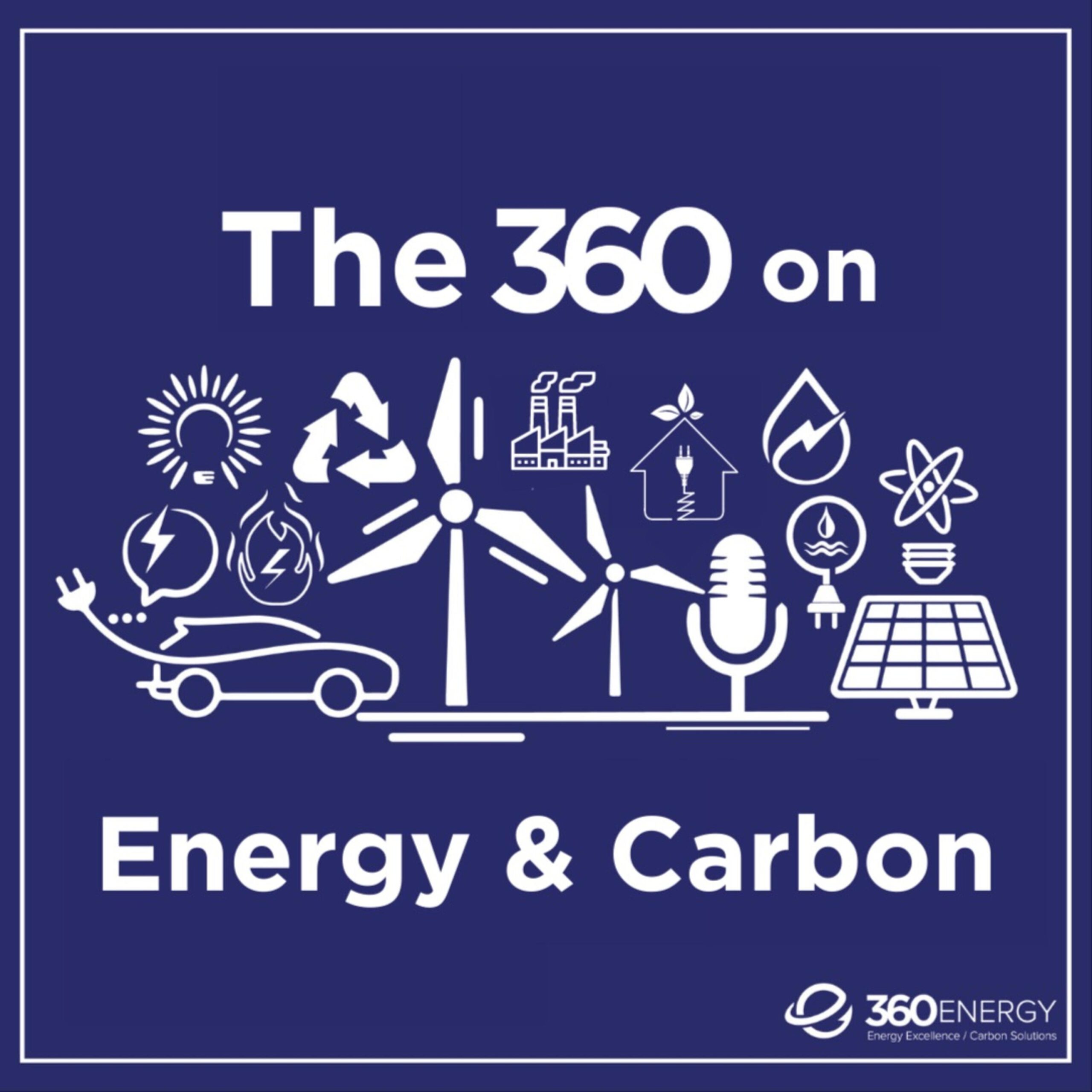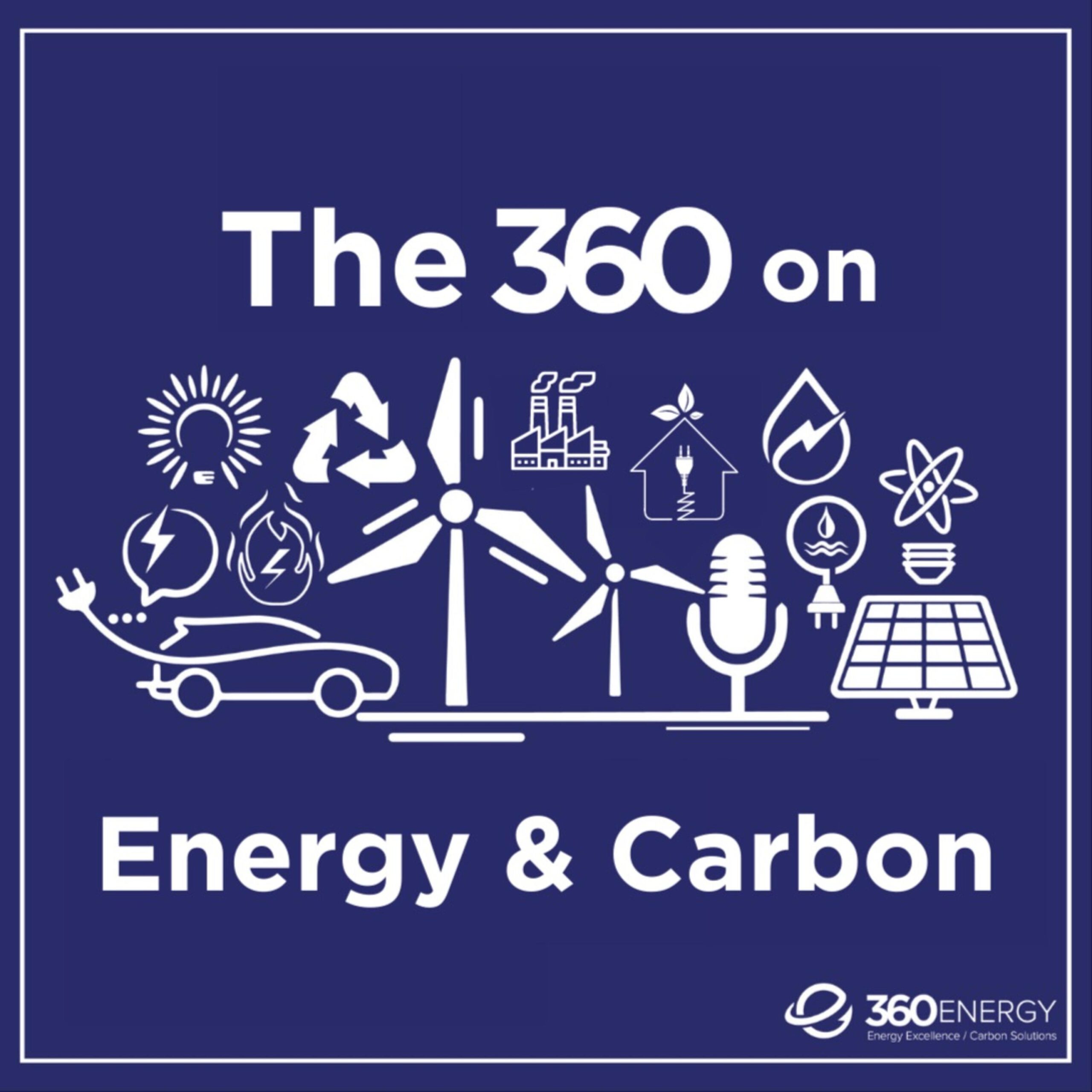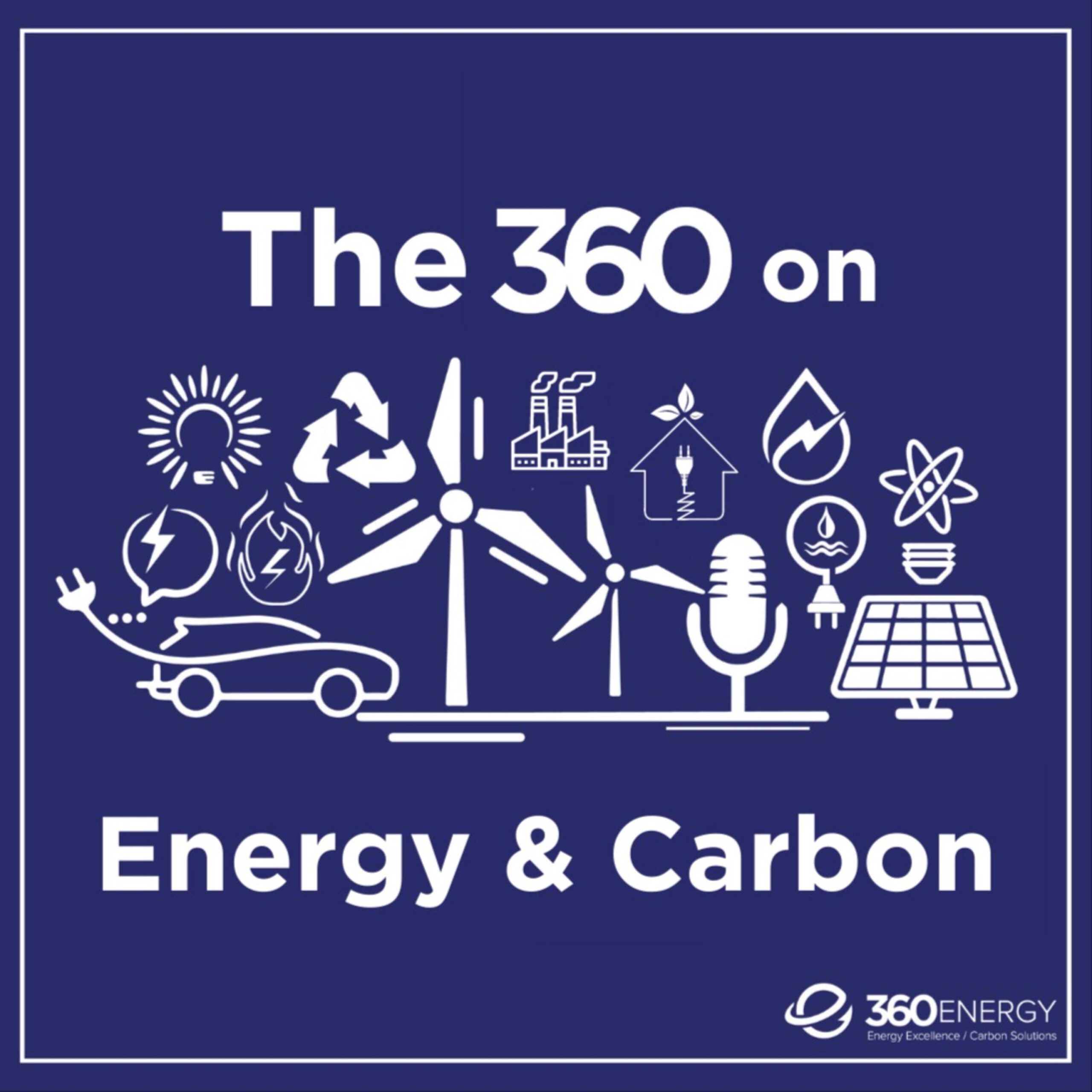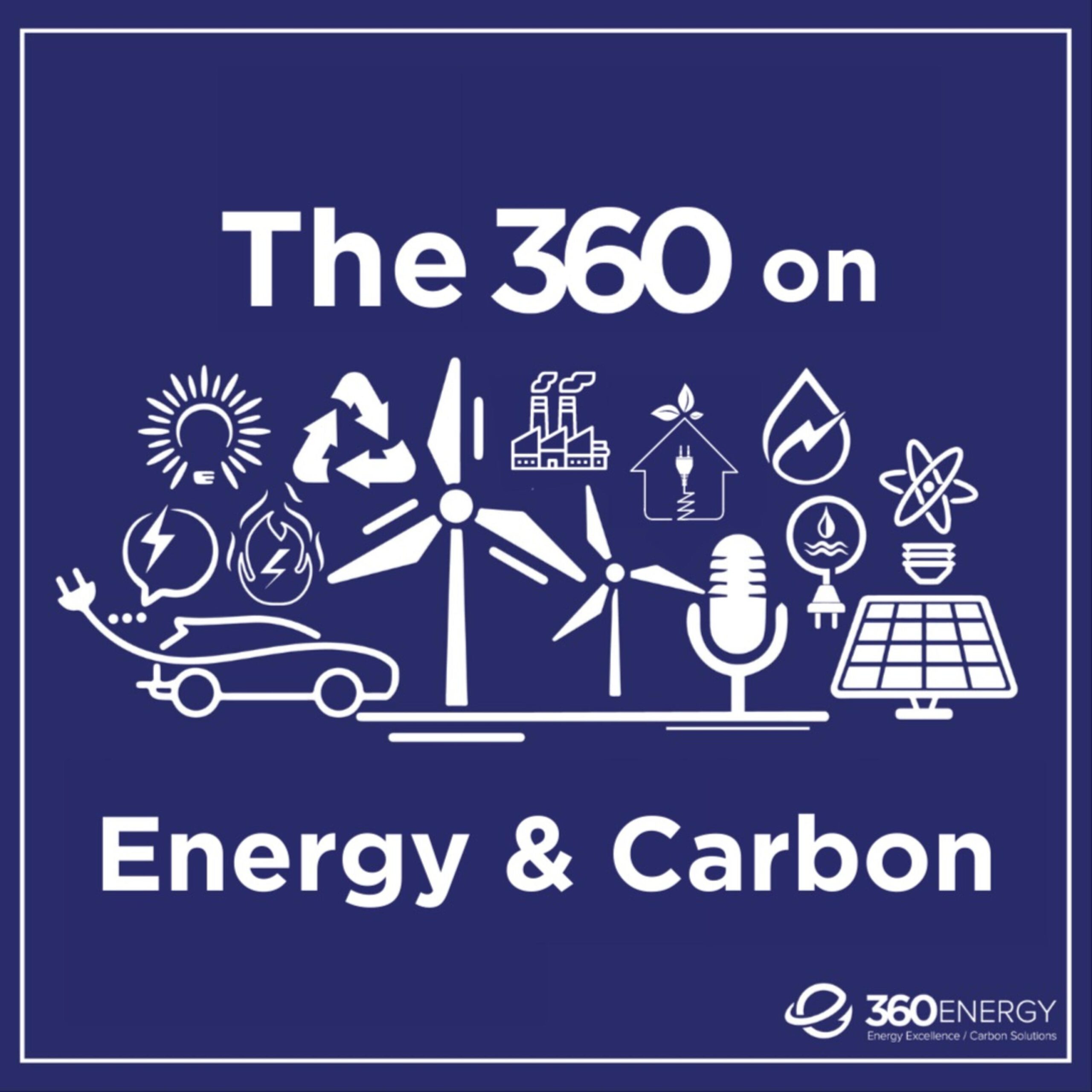
You can’t manage what you can’t measure. The old adage is true. Performance measures are necessary for effective management. As a consequence, they have come to be standard operating procedures in every business.
Key Performance Indicators (KPIs) are corporate marching orders. Almost everything important is tied to achieving KPIs – from accountability to executive compensation to shareholder expectations.
But what happens if some important things are not being measured?
If not used correctly, KPIs can become a barrier to innovation. They can keep an organization from adopting new practices.
I see this in our work at 360 Energy. Our job is to show businesses how to control their energy use and costs.
Nearly every company has KPIs for production. It’s perfectly understandable. What is far less common, is for companies to have performance indicators for inputs like energy use. As a result, it becomes difficult to address issues around procurement, costs or environmental impact.
For example, energy is often one of the top five input costs for most businesses. It seems odd then, that plant operations managers or greenhouse production teams typically don’t pay a lot of attention to the energy flows in their facilities. It’s odd until you realize that none of their KPIs are tied to improving energy productivity or reducing energy costs. The question is, “Why are the KPIs not paying attention to energy?”
KPIs reflect executive priorities. Most senior executives have not seen energy or carbon emissions as a strategic issue. They may not believe energy is controllable. They may feel that energy is best left up to governments or utilities. Therefore, they don’t have measures to manage corporate energy and carbon emissions.
This situation is rapidly changing, however. Each year, more and more companies are adopting Environmental Social and Governance (ESG) sustainability targets. ESG targets are being adopted because investors, lenders, regulators and stakeholders are telling CEOs and business owners the private sector has an important role in addressing issues facing society – such as the environment and improving productivity.
Carbon emissions, pollution and waste are being widely targeted for reduction. Because 80% of global carbon emissions come from burning fossil fuels, these reductions cannot be achieved by ignoring energy. How energy is being managed in a firm will negatively or positively impact ESG reporting.
ESG targets are a form of performance measurement. As CEOs translate ESG targets into corporate KPIs, energy use and energy costs will get a lot more attention.
I’d encourage you to engage your employees. They will pleasantly surprise you with how easily they identify and implement low-cost energy and carbon reductions – once you have the correct KPIs and rewards system in place.
I firmly believe, companies which focus on high levels of energy literacy, will become the recognized models of good corporate practice and the ones to follow for competitive growth.
